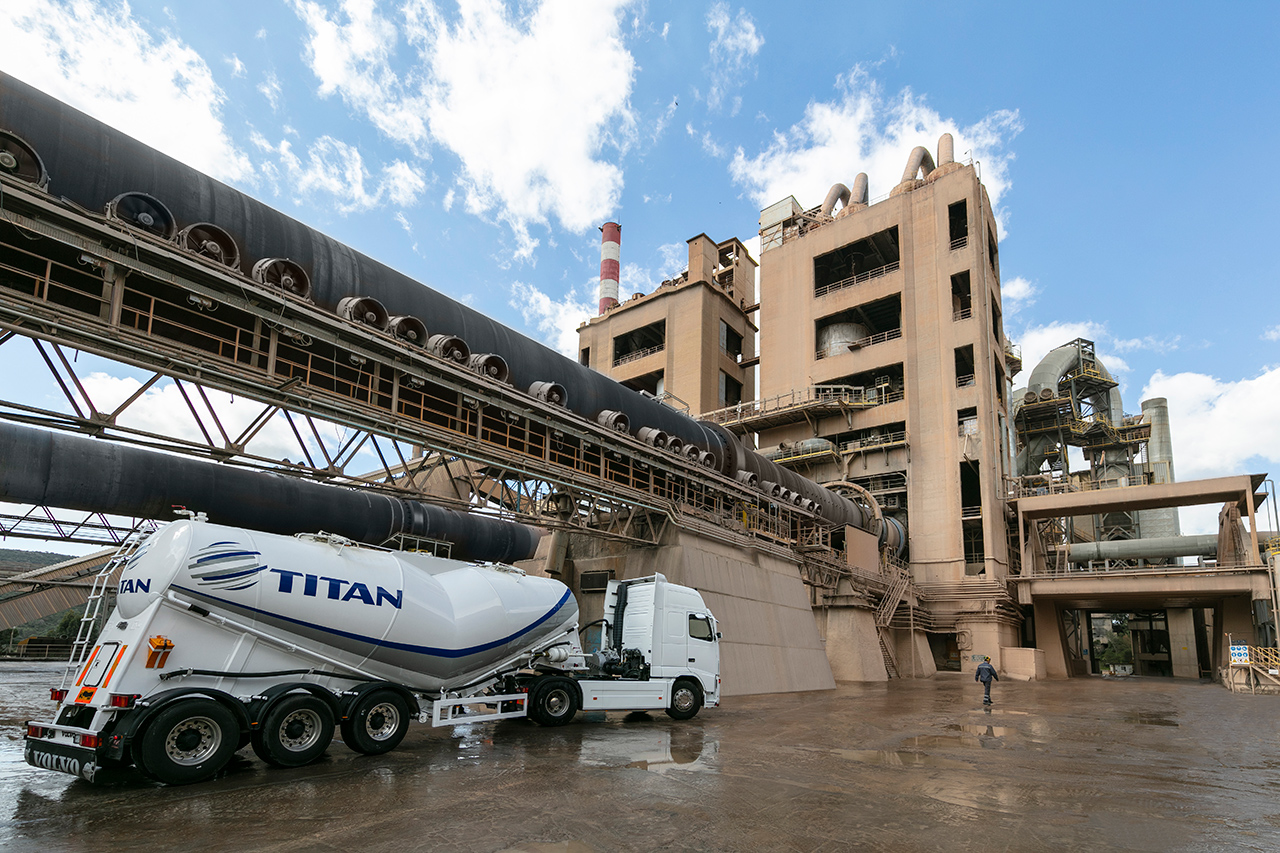
The targets, covering greenhouse gas emissions from Greece-headquartered Titan’s operations (scopes 1 and 2), are consistent with reductions required to keep warming to well below 2°C.
The SBTi is a partnership between the Carbon Disclosure Project (CDP), the United Nations Global Compact, the World Resources Institute (WRI) and the World Wide Fund for Nature (WWF). It independently assesses and validates corporate emissions reduction targets against the latest climate science. Τhis validation underscores the Group’s commitment to sustainability and action to prevent the most damaging effects of climate change.
The SBTi has validated Titan’s commitment to:
- Reduce scope 1 GHG (gross) emissions by -20.7% per tonne of cementitious product by 2030 from a 2020 base year. This target aligns with the -35% CO₂ reduction target on net emissions by 2030 from a 1990 base year, announced by Titan earlier in the year.
- Reduce scope 2 GHG emissions by -42.4% per ton of cementitious product within the same timeframe. This target aligns with the -45% reduction target by 2030 from a 2020 base year, announced by Titan earlier in the year.
In addition, Titan has committed to driving down the CO₂ footprint of its operations and products, aspiring to deliver society with carbon-neutral concrete by 2050, while it will monitor and independently verify its supply chain (Scope 3) emissions.
The Group aspires to reduce its carbon emissions by increasing the use of alternative fuels, accelerating its efforts in energy efficiency, developing low-carbon products, and adopting innovative technologies and solutions. Through participation in European and international consortia and collaborations in R&D projects, Titan will continue developing low-carbon cementitious products and pilot carbon capture technologies in its plants, actively contributing to the industry’s ambition for a carbon-neutral future.
Titan Cement Group’s CO₂ reduction targets are part of the Group’s Environmental, Social and Governance (ESG) targets for 2025 and beyond that focus on four pillars, defined as material by its stakeholders:
- De-carbonisation and digitalisation
- Growth-enabling work environment
- Positive local impact
- Responsible sourcing, all underpinned by good governance, transparency and business ethics
The Science Based Targets initiative (SBTi) mobilises companies to set science-based targets and boost their competitive advantage in transitioning to the low-carbon economy. It is a partnership between CDP, the United Nations Global Compact, World Resources Institute (WRI) and the World Wide Fund for Nature (WWF). The SBTi call to action is one of the We Mean Business Coalition commitments. The initiative defines and promotes best practices in science-based target setting, offers resources and guidance to reduce barriers to adoption, and independently assesses and approves companies’ targets.










